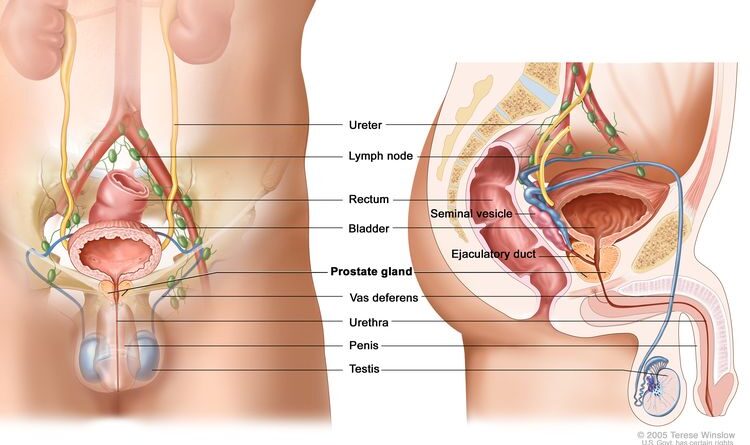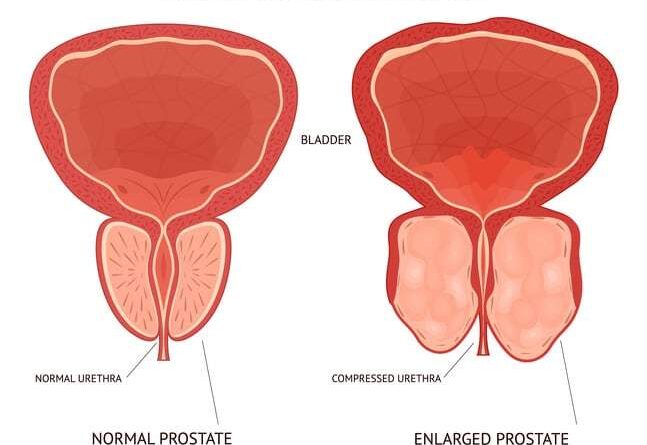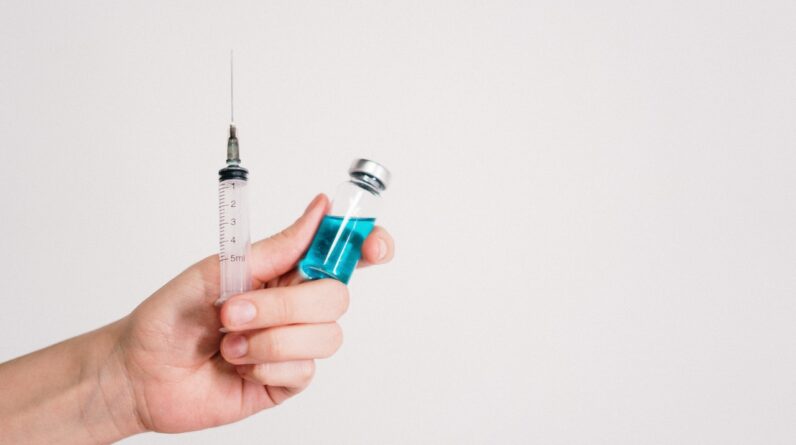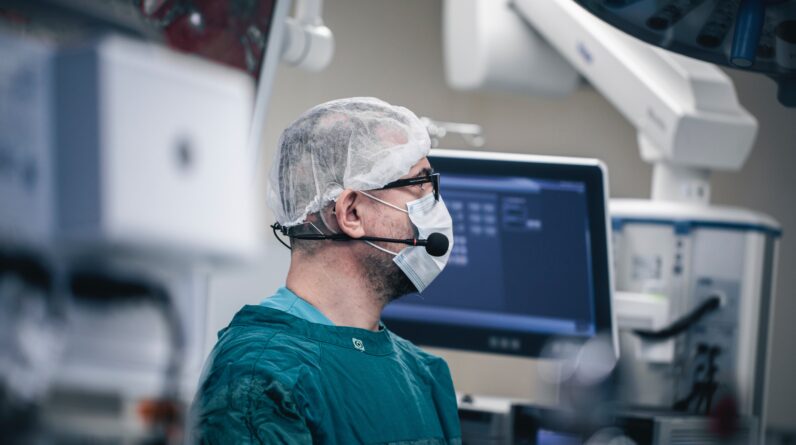
Hernia mesh, a commonly used medical device, has been linked to various complications. But is there a potential for these complications to extend to the prostate? Let’s dive into the discussion.
What is a Hernia Mesh?
A hernia mesh is a surgical implant often used to provide additional support to weakened or damaged tissue. It’s a common tool used by surgeons during hernia repair procedures.
The Role of Hernia Mesh in Hernia Repair
Hernia repair with mesh has been a common practice for decades. The mesh is used to support the area where the hernia occurred, preventing further protrusion and promoting healing.
Understanding Prostate Problems
Before we examine the potential link between hernia mesh and prostate problems, it’s important to understand what prostate problems encompass.
Common Prostate Problems
Prostate problems typically relate to issues such as prostatitis, benign prostatic hyperplasia (BPH), and prostate cancer. Symptoms can range from urinary issues to sexual dysfunction and more.
The Link Between Hernia Mesh and Prostate Problems
Is there a connection between hernia mesh and prostate issues? Let’s take a look at what the research, personal accounts, and medical perspective reveal.
Research Findings
Research on this topic is still emerging. Some studies suggest a potential link, but further investigation is needed to confirm these findings definitively.
Personal Accounts
There have been anecdotal reports of patients experiencing prostate problems after hernia repair with mesh. These stories underscore the need for further research.
Medical Perspective
The medical community maintains a cautious approach. While acknowledging the potential for complications, most physicians emphasize that the majority of hernia mesh procedures are successful and do not lead to prostate problems.
How Hernia Mesh Can Lead to Prostate Issues
So, what could cause prostate issues following hernia mesh implantation?
Potential Biological Mechanisms
Some theories suggest that inflammation caused by the mesh could potentially impact the prostate. Also, the body’s immune response to the foreign material could inadvertently affect prostate function.
Interference with Prostate Function
There’s also the possibility that the mesh could physically interfere with prostate function, particularly if the mesh migrates or shrinks.
Handling Hernia Mesh Complications
What if you suspect your hernia mesh has caused prostate problems?
Recognizing Prostate Issues
Look out for common signs of prostate issues, such as frequent urination, difficulty starting or stopping urination, painful urination, or erectile dysfunction.
Talking to Your Doctor
If you’re experiencing these symptoms, it’s crucial to talk to your doctor. They can help determine whether the issues are related to your hernia mesh.
Steps to Take
Your doctor may recommend several steps, such as further tests, medication, or in some cases, mesh removal or revision surgery.
In Conclusion
Although it’s possible that hernia mesh could contribute to prostate problems, it’s important to remember that most hernia repairs are successful and do not lead to these issues. However, given the potential risks, ongoing research and vigilance in symptom recognition are essential.
As we conclude, remember that while this discussion suggests potential links between hernia mesh and prostate issues, more research is needed for definitive conclusions. However, your health and peace of mind are paramount. If you’re experiencing symptoms that concern you after hernia repair, don’t hesitate to consult your doctor. Your proactive approach can make all the difference in managing your health effectively.
FAQ
- Can hernia mesh cause prostate cancer? While some patients have reported prostate issues after hernia repair, there is currently no definitive scientific evidence linking hernia mesh to prostate cancer.
- What should I do if I suspect my hernia mesh is causing health problems? If you’re experiencing concerning symptoms, reach out to your doctor immediately. They can help identify potential issues and recommend an appropriate course of action.
- Is hernia mesh always necessary for hernia repair? Not always. Depending on the type and size of the hernia, as well as the patient’s overall health, surgeons may opt for a mesh-free repair.
- Can hernia mesh be removed if it causes problems? Yes, in certain cases where the mesh causes complications, it can be removed or replaced via revision surgery.
- What are the most common prostate problems? The most common prostate issues include prostatitis, benign prostatic hyperplasia (BPH), and prostate cancer.
- Can hernia mesh move after surgery? In rare cases, hernia mesh may migrate from its original placement, causing discomfort and potentially leading to complications. If you experience unexplained pain or changes in your health following hernia repair, consult with your healthcare provider.
- What are the alternatives to hernia mesh repair? While hernia mesh repair is commonly used, alternative methods include laparoscopic hernia repair or traditional open hernia repair without mesh. These options may be more suitable for certain individuals, depending on their medical history and the nature of their hernia.
- Can I prevent prostate problems? While you can’t prevent all prostate problems, maintaining a healthy lifestyle can help keep your prostate healthy. This includes regular exercise, a balanced diet, maintaining a healthy weight, and avoiding tobacco and excessive alcohol.
- Can hernia mesh complications appear years after surgery? Yes, complications related to hernia mesh can manifest years after the procedure. Long-term issues may include mesh migration, contraction, or infection.
- Are all hernia meshes the same? No, hernia meshes can vary by material (synthetic or biological), design, and size. The type used often depends on the specific requirements of the patient and the nature of the hernia.







